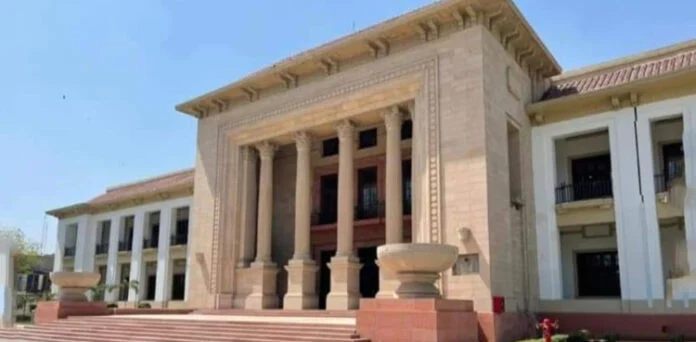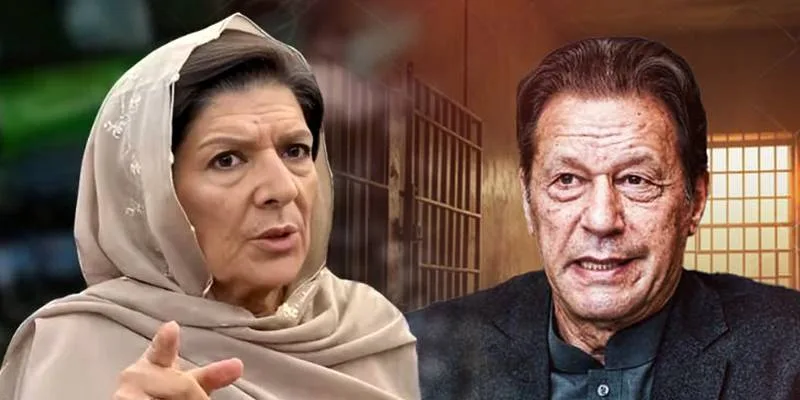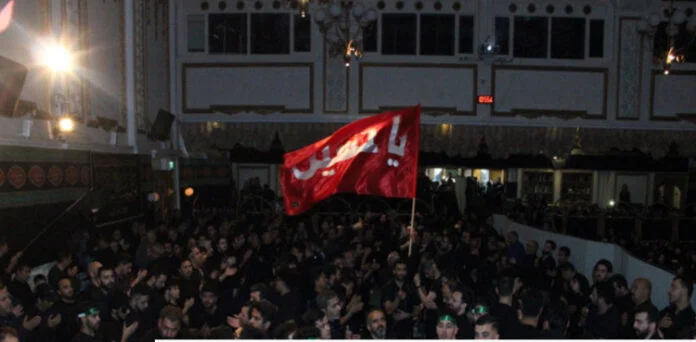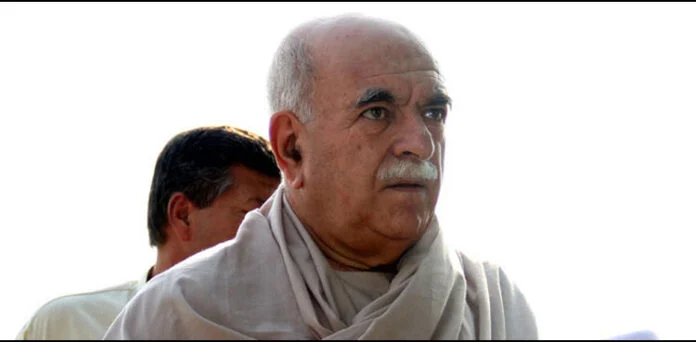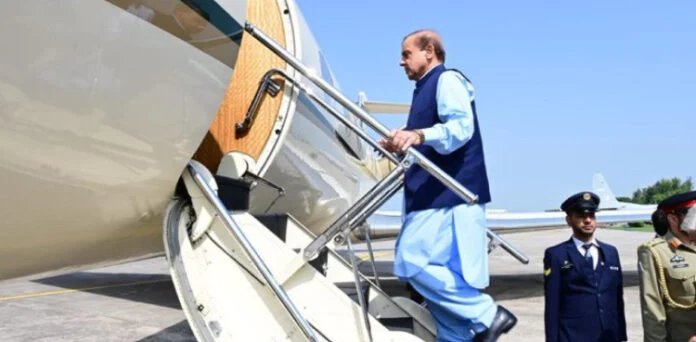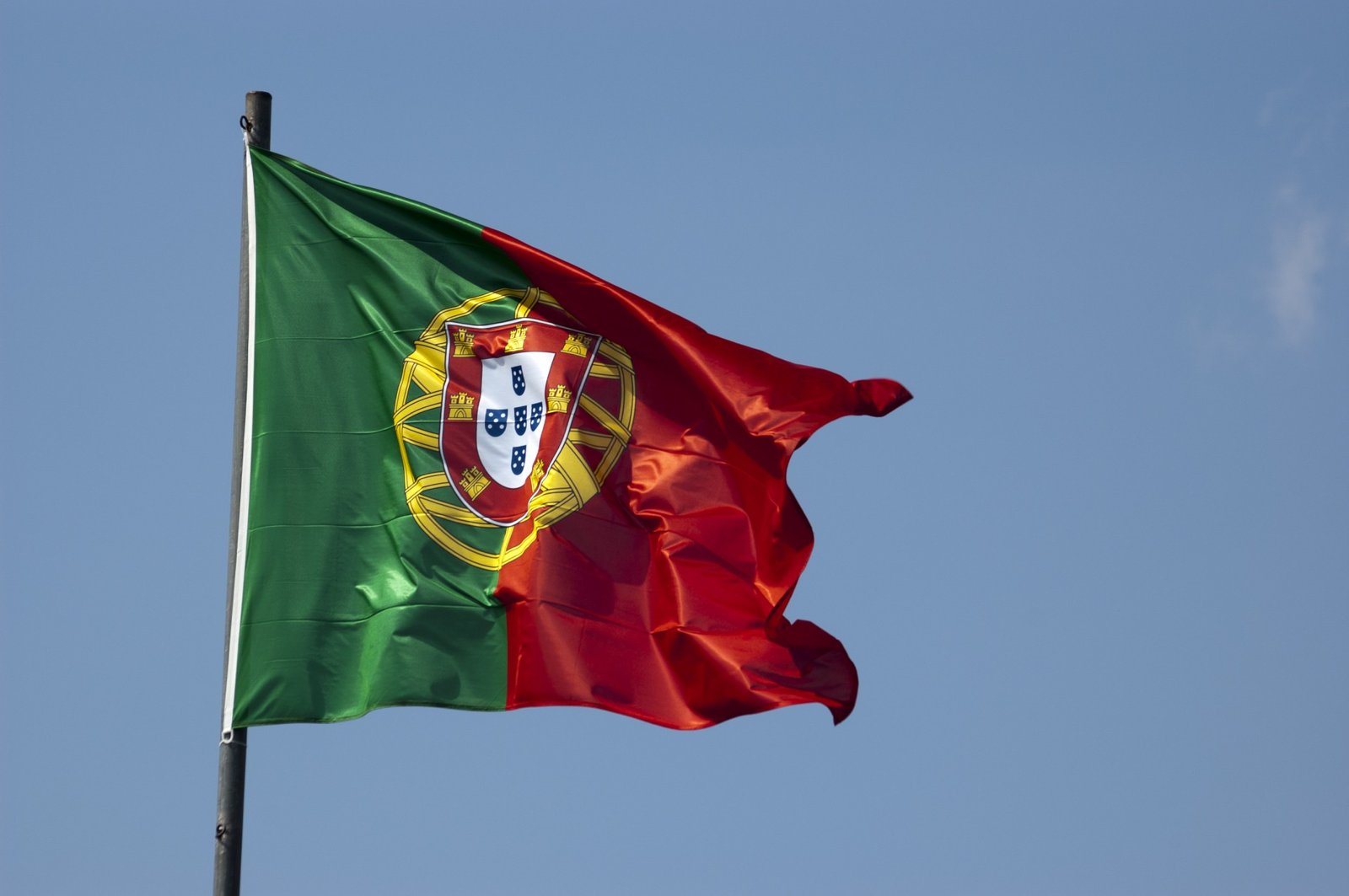
From Ancient Roots to Modern Nation Portugal, located on the Iberian Peninsula, has a rich and diverse history that dates back thousands of years. From its early days as a Roman province to its emergence as a global maritime power, Portugal’s past is a tapestry of cultural influences and historical events.
Early History The region that is now Portugal has been inhabited since prehistoric times, with evidence of human presence dating back to the Paleolithic era. Various Celtic tribes settled in the area, and by the 2nd century BC, the Romans had established control over the territory, integrating it into the Roman Empire as the province of Lusitania. This era brought significant urban development, infrastructure, and the spread of Roman culture.
The Fall of Rome and the Rise of the Moors With the decline of the Roman Empire in the 5th century, the region faced invasions by various groups, including the Visigoths. The 8th century marked a significant change when Muslim forces, known as the Moors, invaded and established control over much of the Iberian Peninsula, including parts of modern-day Portugal. This period saw the introduction of new agricultural practices, architecture, and cultural exchanges.
The Birth of Portugal The foundation of Portugal as a distinct entity began in the 12th century. In 1139, Afonso Henriques declared himself king after a series of successful battles against the Moors. By 1143, Portugal was recognized as a kingdom by the Kingdom of León. The subsequent centuries were marked by the Reconquista, a gradual process of reclaiming territory from Muslim rule, culminating in the capture of the city of Lisbon in 1147.
The Age of Discoveries The 15th and 16th centuries heralded the Age of Discoveries, a period when Portugal emerged as a leading maritime power. Pioneers like Prince Henry the Navigator sponsored voyages along the African coast, seeking new trade routes and territories. Notable explorers, including Vasco da Gama and Ferdinand Magellan, expanded Portugal’s influence across Africa, Asia, and the Americas. This era not only enriched Portugal but also established it as a central player in the global trade network.
The Decline of Empire However, the wealth generated from exploration and colonization began to wane in the 17th century. Portugal faced challenges such as competition from other European powers, internal strife, and a devastating earthquake in Lisbon in 1755. The loss of Brazil in 1822 marked a significant blow to the Portuguese Empire, leading to a decline in its global influence.
The 20th Century and Beyond Portugal’s modern history has been shaped by political upheaval, including the Republican revolution of 1910 that deposed the monarchy and the subsequent establishment of a dictatorship under António de Oliveira Salazar. The Carnation Revolution in 1974 peacefully ended the dictatorship, leading to the establishment of a democratic government. In the late 20th century, Portugal joined the European Union, which spurred economic growth and modernization. Today, Portugal is known for its rich cultural heritage, stunning landscapes, and vibrant cities, attracting millions of tourists each year.
Conclusion Portugal’s history is a testament to resilience and transformation. From ancient civilizations to a maritime empire and modern democracy, the country’s past continues to influence its identity and place in the world. As Portugal moves forward, it embraces its history while looking towards a bright future.





